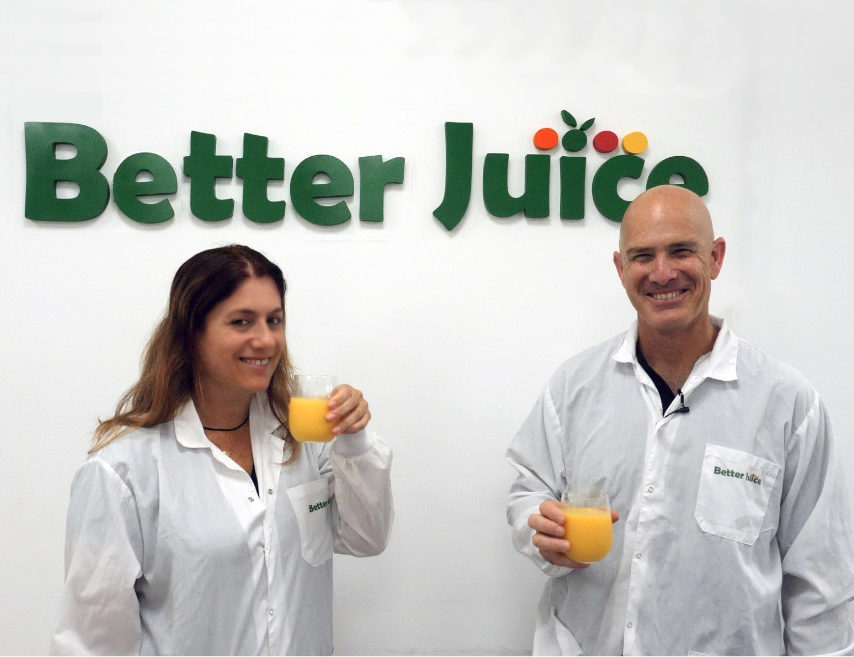REHOVOT, ISRAEL — Better Juice, Ltd., an Israeli startup developing sugar reduction solutions, is teaming up with GEA Group AG, a Germany-based supplier of food processing technology, in a push to scale its global footprint.
Launched in 2017 by a team of biochemists and microbiologists, Better Juice’s enzymatic technology reduces sugar content in orange juices. It uses natural ingredients to convert fructose, glucose and sucrose into prebiotic dietary fibers and other non-digestible molecules. The result is a low-calorie, reduced-sugar product that has the same nutritional values and sweetness of orange juice without the use of sweeteners or other additives to replace the sugars.
The technology has been shown to reduce as much as 80% of sugars in orange juice, the company said.
Better Juice will work with GEA to construct and install the sugar reduction solution and market the system globally. Under the partnership, GEA will engineer, design, manufacture and install the bioreactor that reduces sugar, while Better Juice will produce the immobilized microorganisms used in the enzymatic process.
GEA will design three instruments with small, medium and large production capacities to meet the requirements of various juice companies. The first instrument, a 200L device, will launch within the next few months, the companies said.
“This exciting collaboration marks a major milestone in Better Juice’s scale-up plans and advances the commercialization of our technology,” said Eran Blachinsky, PhD, founder and chief executive officer of Better Juice. “GEA possesses a sterling reputation in the field of process technology and will be a strong engineering partner. This collaboration will allow for smooth integration of our enzymatic technology into juice production companies seeking to meet the sugar-reduction trend. It will undoubtedly open doors for us and accelerate sales growth internationally.”
Better Juice plans to enter the US market and already has signed several collaboration agreements with North American juice producers, he added.
“American consumers are more aware of the amount of sugars in juice beverages and they are ready to drink better-for-you juices containing less sugars,” Mr. Blachinsky said.





